As Mr. Trump returns to the White House at the age of 78, the question is whether this leader will continue to use golf as a diplomatic tool like his first term?
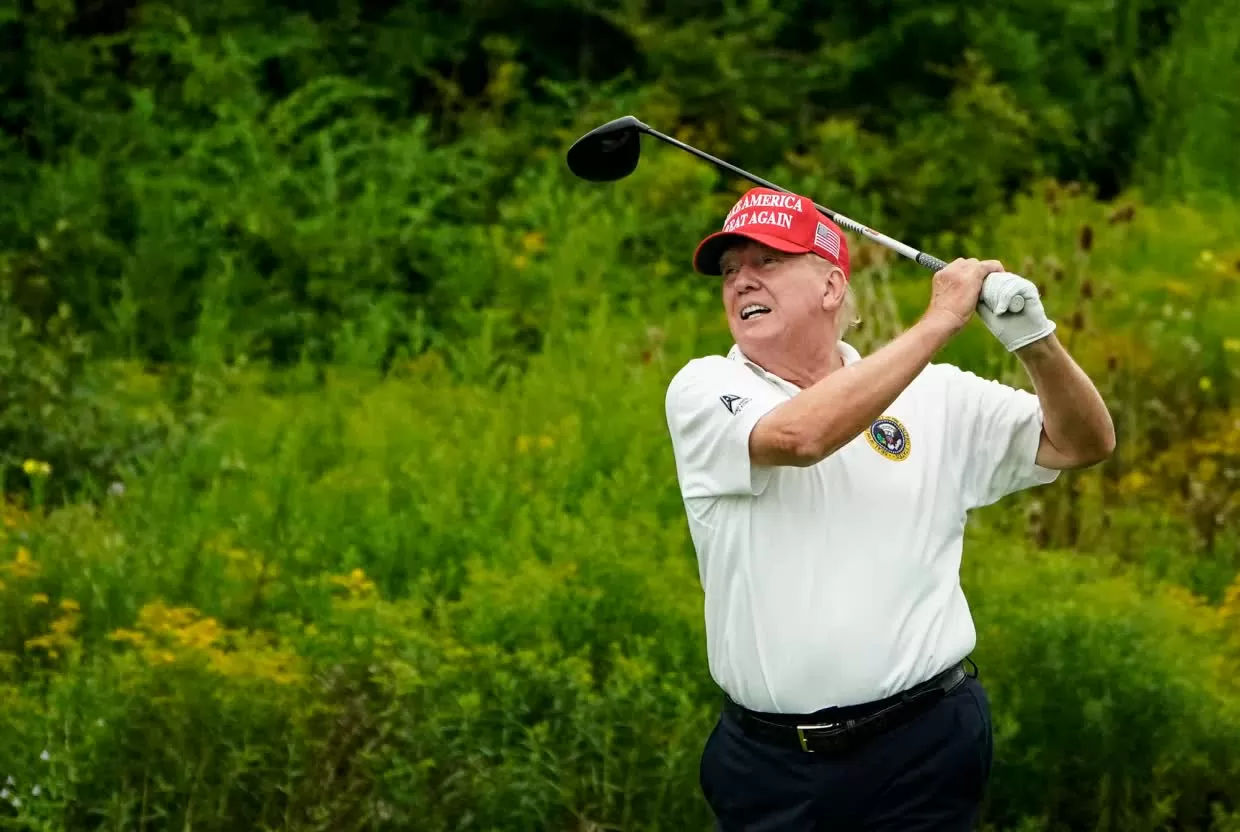 |
| Mr. Trump could use golf diplomacy to advance his domestic and foreign policy goals in his next term. (Source: Getty) |
Golf is an aristocratic sport that originated with Scottish royalty in the 16th century and has developed over the centuries. Not simply a pastime of princes and aristocrats in the past, golf has become a diplomatic tool between world leaders in the mid-20th century.
Historical records show that US President Dwight D. Eisenhower (1953-1961) was a pioneer of golf diplomacy. Eisenhower was famous for conducting informal negotiations with Western and Arab leaders, including British Prime Minister Winston Churchill, Saudi Arabian King Saud bin Abdulaziz Al Saud, Australian Prime Minister Robert Menzies, British Queen Elizabeth II and Japanese Prime Minister Kishi Nobusuke. Meetings on the golf course often yielded tangible diplomatic results and helped strengthen alliances.
Later US presidents have also used golf to build relationships. For example, President Barack Obama held discussions with many world leaders during his golf trips, while President Donald Trump, during his first term (2017–2021), considered golf not only a personal passion but also a platform for political and diplomatic interactions. He met with domestic policymakers, members of Congress, and international figures such as Japanese Prime Minister Abe Shinzo, Saudi Crown Prince Mohammed bin Salman, and Australian Prime Minister Scott Morrison on the golf course.
One notable outcome of these golf matches has been the strengthening of US-Japan relations. Mr. Trump’s golf games with Mr. Abe symbolize a new chapter in the strategic partnership between the two countries.
Now, as Mr. Trump returns to the White House at age 78, some questions are: Will the leader continue to use golf as a diplomatic tool? Does he still have the energy and enthusiasm for golf diplomacy? And, more importantly, can he use the sport to advance his domestic and foreign policy goals?
New element on the golf course
As Mr Trump continues to use golf diplomacy, one of the concerns will be what new figures he will attract to his golf course.
During his last term, President Trump brought America’s traditional allies into the fold. But the geopolitical landscape has changed since then, so will he extend his invitation to non-traditional partners, such as the Taliban?
This is not a far-fetched scenario. After signing the Doha Agreement with the Taliban on February 29, 2020, Trump expressed openness to inviting the group’s leaders to Camp David. While the idea has drawn criticism, it underscores Trump’s unorthodox approach to diplomacy. It is not out of the question that he would host Taliban representatives at a golf course or other location if he saw the potential to advance US strategic interests.
The history of the Trump administration shows a tendency to make unpredictable decisions rather than follow a structured foreign policy. After returning to the White House in January 2025, he may consider the idea of using golf diplomacy to manage relations with Afghanistan, especially given the region’s long-term strategic importance.
In his previous term, Mr. Trump often acted on instinct, relying less on traditional diplomatic norms and tending to approach issues according to his own negotiating skills. This unconventional style allowed people to imagine that he could pivot between options, from talking to the Taliban to reasserting American influence in Afghanistan through different means.
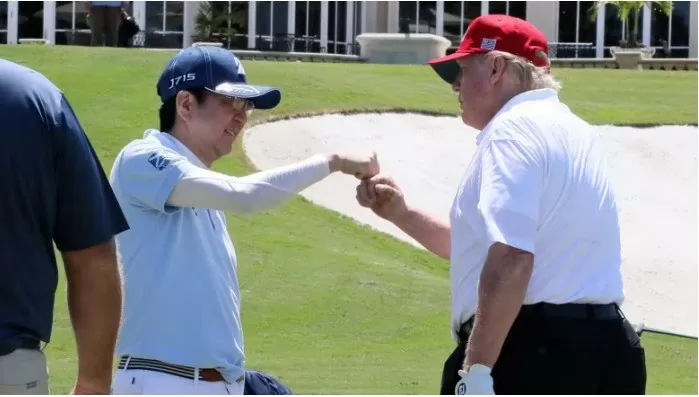 |
| Former Japanese Prime Minister Abe Shinzo and Mr. Donald Trump play golf in Palm Beach, Florida, USA, April 18, 2018. (Source: Nikkei) |
Waiting for "resurrection"
Still, Mr Trump's penchant for bombast and attention-seeking could complicate efforts to use golf diplomacy effectively.
Unlike the relatively basic traditional alliances of the Eisenhower era, today’s globalized landscape is fraught with complexity. Attracting new partners, such as the Taliban, is not only diplomatically contentious but also logistically challenging. On the other hand, Taliban leaders are not accustomed to playing golf and may not be receptive to such overtures.
Moreover, in the coming term, people are also concerned about whether Mr. Trump will prioritize symbolic moves over substantive policy and whether his golf diplomacy can bring tangible results or simply play a role as a hobby?
While Mr Trump’s leadership tendencies are often difficult to pin down, the American billionaire’s reliance on personal charisma and unconventional methods makes us expect to see a revival of golf diplomacy. Whether the golf diplomacy will involve traditional allies or “new players” (like the Taliban) remains to be seen.
One thing is clear, however: Trump’s foreign policy will likely continue to be characterized by bold, unpredictable moves when he returns to the White House. Whether golf diplomacy will play a prominent role in this strategy, or whether it will be effective in the current geopolitical context, remains to be seen.
Source: https://baoquocte.vn/lieu-ong-trump-co-tai-xuat-voi-ngoai-giao-golf-294596.html





![[Photo] Looking back at the impressive moments of the Vietnamese rescue team in Myanmar](https://vstatic.vietnam.vn/vietnam/resource/IMAGE/2025/4/11/5623ca902a934e19b604c718265249d0)

![[Photo] "Beauties" participate in the parade rehearsal at Bien Hoa airport](https://vstatic.vietnam.vn/vietnam/resource/IMAGE/2025/4/11/155502af3384431e918de0e2e585d13a)
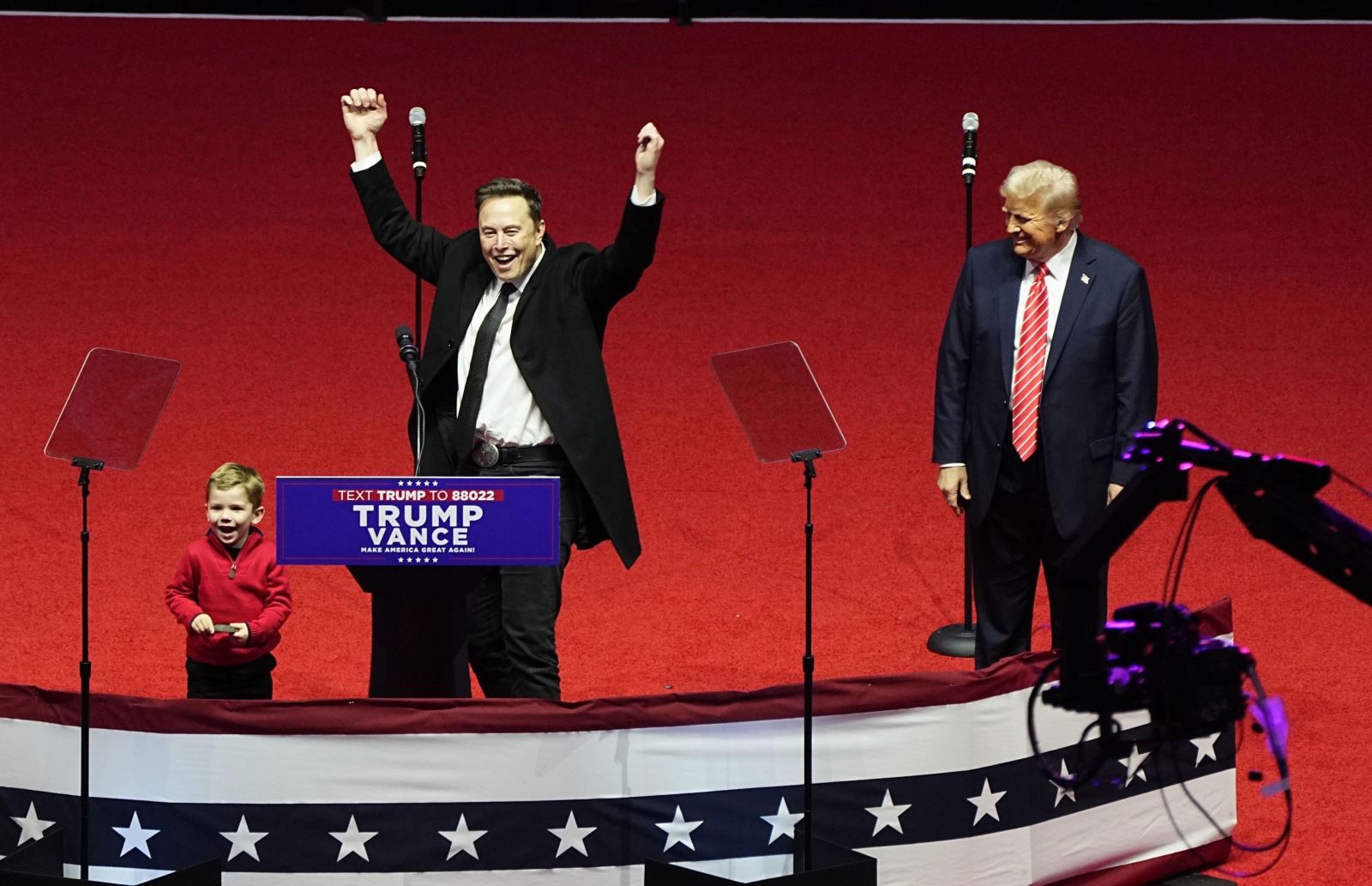

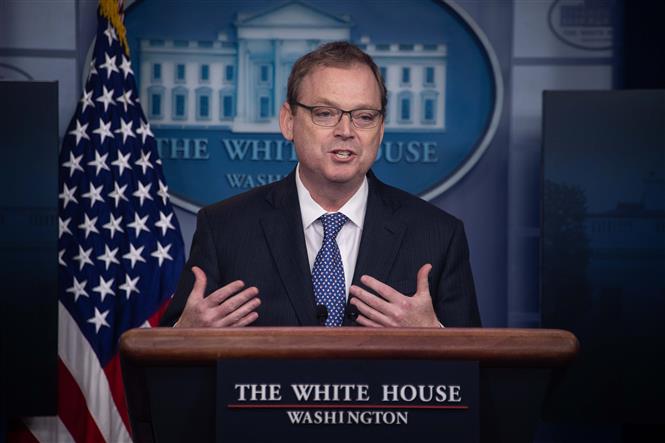
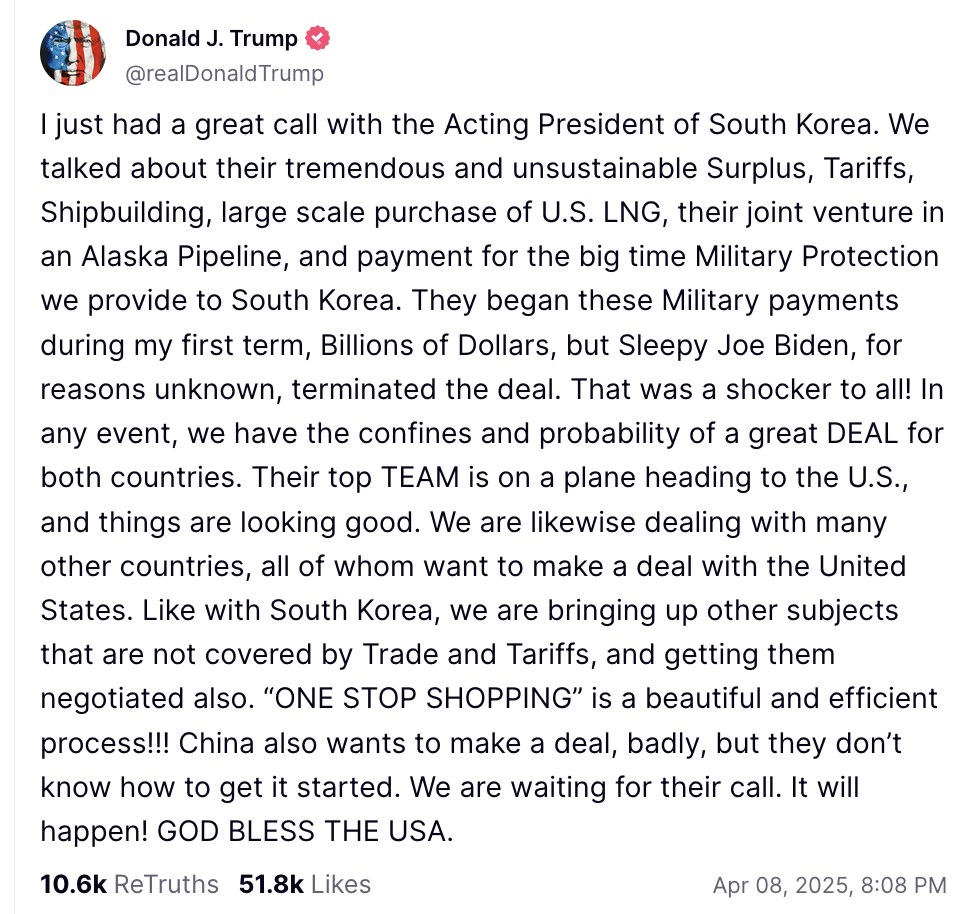
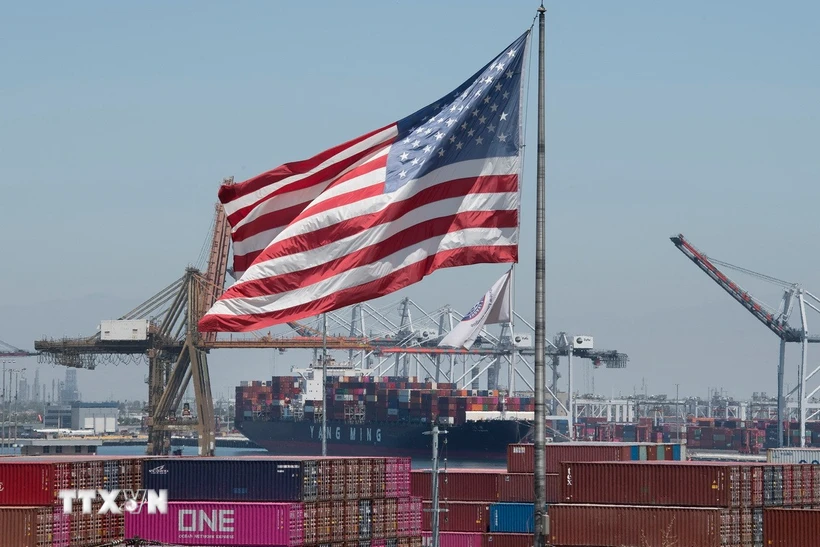

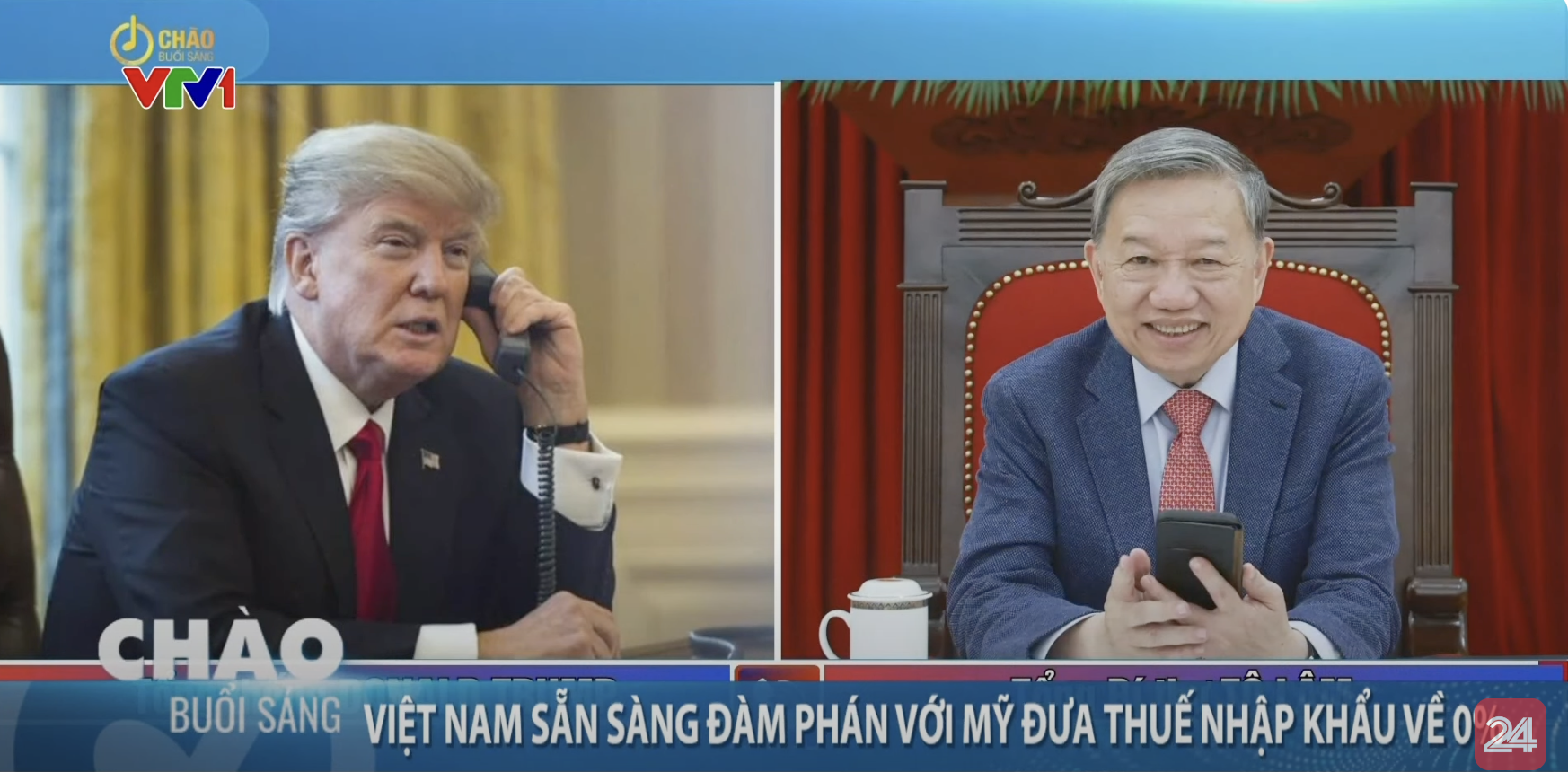

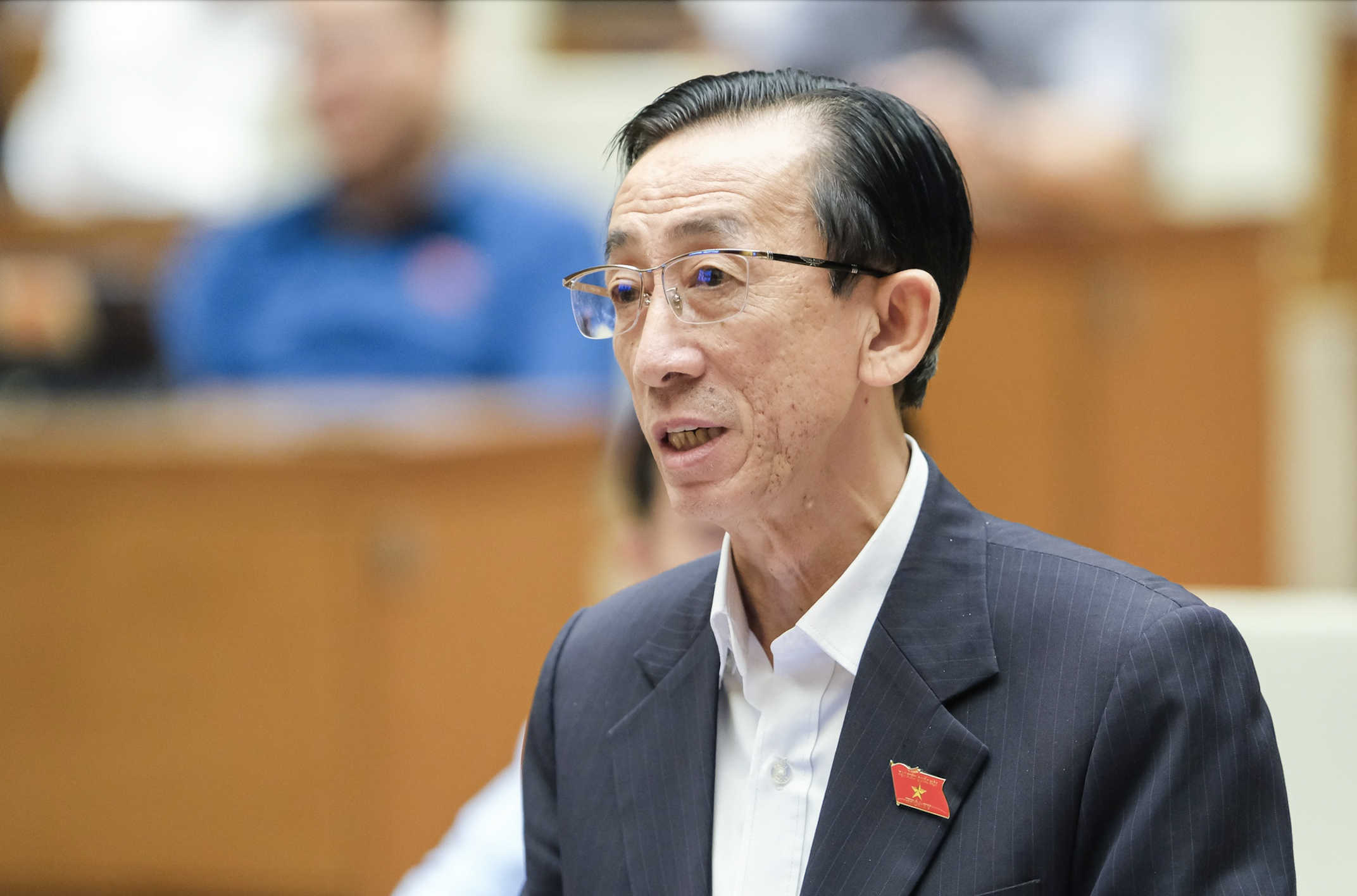









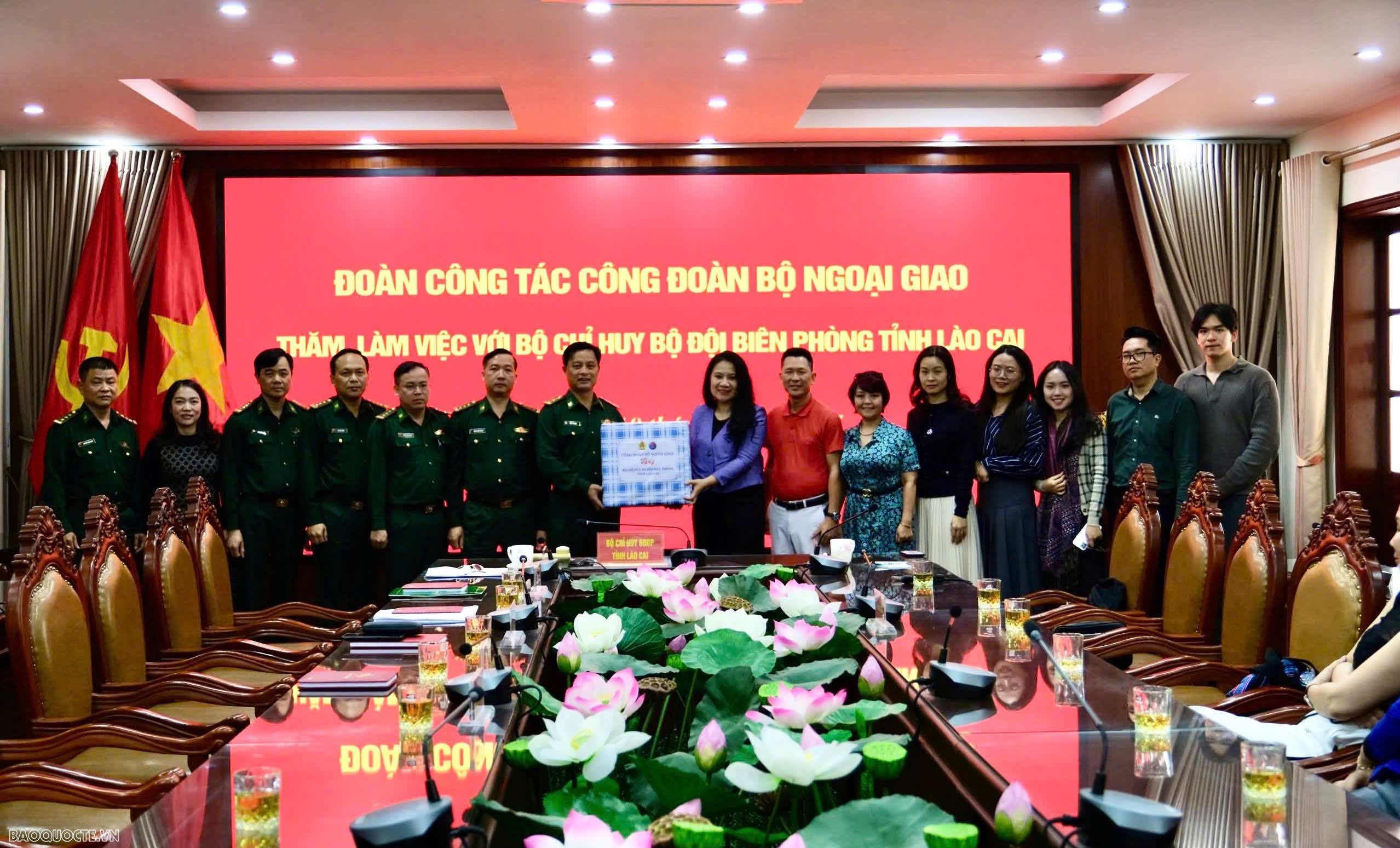
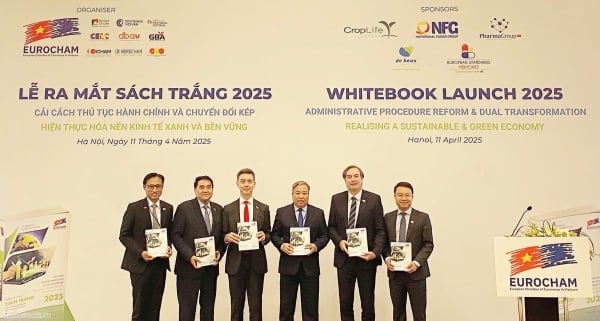
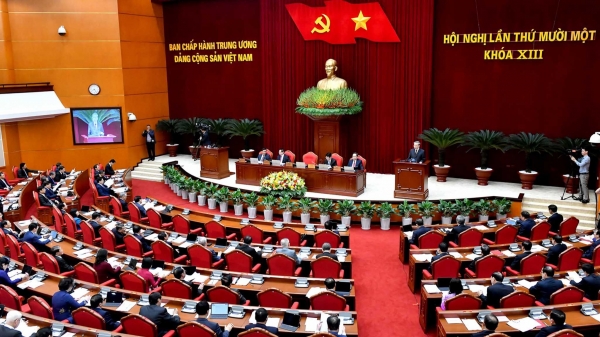


![[Photo] Summary of parade practice in preparation for the April 30th celebration](https://vstatic.vietnam.vn/vietnam/resource/IMAGE/2025/4/11/78cfee0f2cc045b387ff1a4362b5950f)











































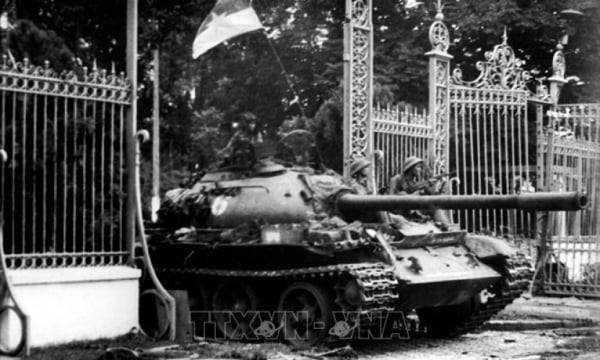
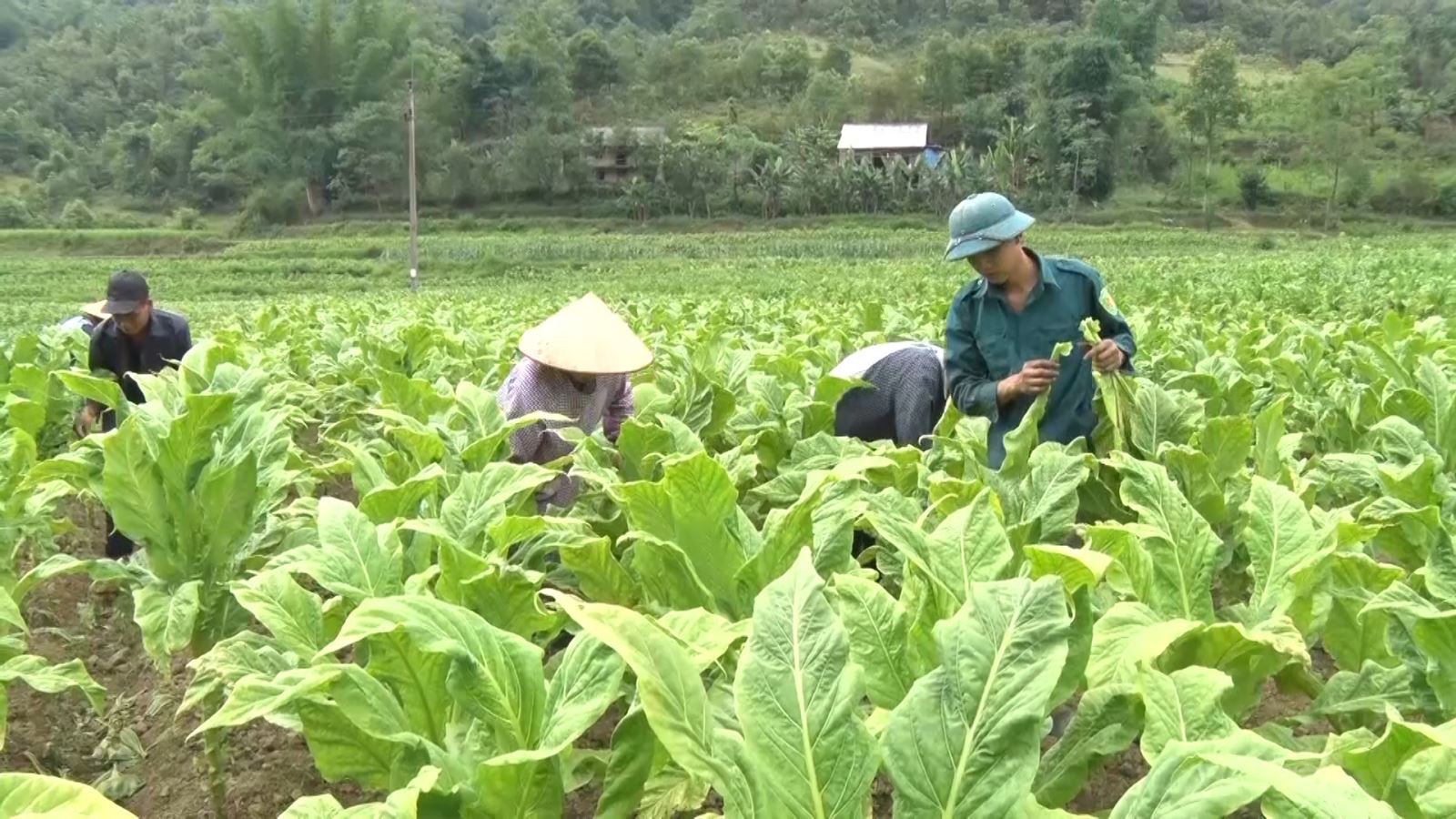
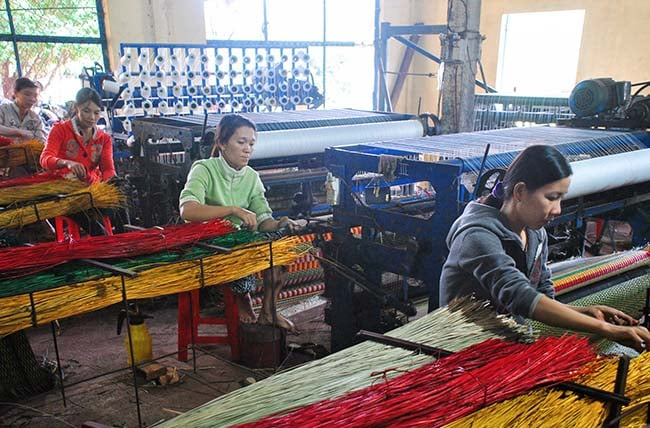












Comment (0)